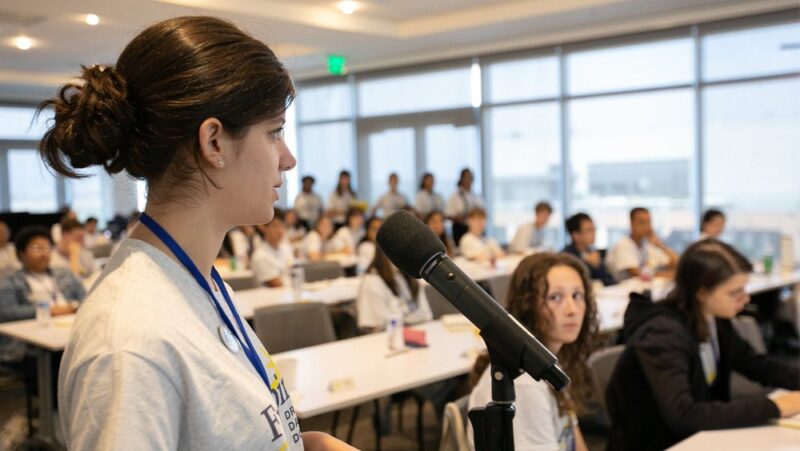Can a Public School Official Legally Censor a School-Sponsored Publication, Like a Newspaper or Yearbook?

It depends. If the school has by policy or practice turned the school-sponsored publication into a public forum, or a place traditionally open to the free exchange of ideas, then the school has less authority to censor content. However, most school newspapers are not public forums, and because of a 1988 Supreme Court decision, school officials generally have broad leeway to censor school-sponsored publications.
In Hazelwood School District v. Kuhlmeier, the high court ruled that school officials can censor school-sponsored publications if their decision is “reasonably related to a legitimate pedagogical purpose.” This means school officials must show that they have a reasonable educational reason for censoring the material.
The high court gave several examples of material that could be censored based on a reasonable educational purpose, including material that is “ungrammatical, poorly written, inadequately researched, biased or prejudiced, vulgar or profane, or unsuitable for immature audiences.”
The court went so far as to say that under the Hazelwood standard, school officials could censor school-sponsored materials that would “associate the school with anything other than neutrality on matters of political controversy.”
Student advocates decried the Hazelwood decision as blatant censorship that would lead to a drastic reduction in students’ First Amendment rights. For this reason, several states passed so-called “anti-Hazelwood laws” that grant student journalists more protection. Arkansas, Colorado, Iowa, Kansas, Massachusetts, and Oregon passed such laws after the decision. (California already had a law protecting student journalists.)
How the Free Spirit Conference Fosters Student Press Freedom
World Press Freedom Day 2023: U.S. Black Holes and Bright Spots
Related Content
$30,000 Giving Challenge
Support the Freedom Forum’s First Amendment mission by Dec 31st and double your impact.

